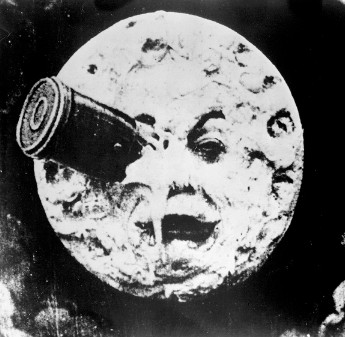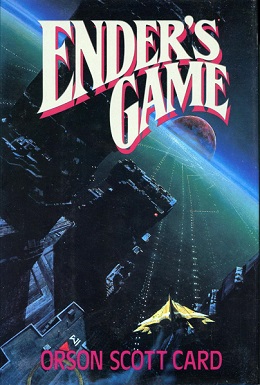 |
| photo sourc |
Science
fiction belongs in the literary canon just as much as other genres
because particularly good examples of science fiction writing can
elucidate cultural anxieties and make predictions that serve as
warnings. Science fiction is literature and has influenced culture just
as much, if not more, than other genres. Like the romance genre, the
science fiction genre has been stigmatized by poorly-written, pop
literature, though many science fiction books have shown to be
semi-accurate portrayals of societies progression along its trajectory.
The cultural anxieties that science fiction novels address may not be
relevant years later, but a well written science fiction novel may serve
as a warning to people of what could result if things continue to
progress as they have.
In Do Androids Dream of Electric Sheep?,
Philip K. Dick shows readers the potential dangers that would society
face if a world-wide nuclear war broke out. The fallout alone would
render the Earth unlivable, or at least unlivable without major
adaptations to lifestyle. Dick also shows what could happen to human
experience and emotion if humans continue to suppress real feeling
through unnatural methods, such as drugs or treatments. Another example
of valuable science fiction is Mary Shelly’s Frankenstein,
in which Shelly, through the suffering caused by Frankenstein’s
creation, shows the ways that uses of technology and science can cause
unintended consequences. While today Shelly’s monster (a man made
through stitching together pieces of dead bodies brought to life through
lighting) seems unthreatening due to its unrealisticness, the story
certainly warns of unintended side-effects of meddling with nature.
Additionally, though aliens have yet to pose a problem for
earth-dwellers, The War of the Worlds by H.G. Welles was far ahead of its time in it’s predictions about technological advances.
 | |
| From Plan 9 from Outer Space, photo source |
As
in any genre, bad or poorly written works are present, and perhaps due
to the future-thinking nature of science fiction writing, more bad
examples may be found simply because the problems that they predict are
too far-fetched and unbelievable. However, believability is not a
requisite for crafting a good novel, and perspective and preference will
determine who thinks what work is good or bad and in which ways. What
the better examples of science fiction writing may offer are clues about
cultural anxieties and potential outcomes to present problems.
As a side note, many of the "bad" examples of science fiction have inspired cult followings and will be remembered as classics for other reasons, though this trend seems to be more present in movies than literature. A classic example of awesomely awful sci-fi is Plan 9 from Outer Space. I doubt it's creators had any idea the impact that their film would have on cinefiles.





